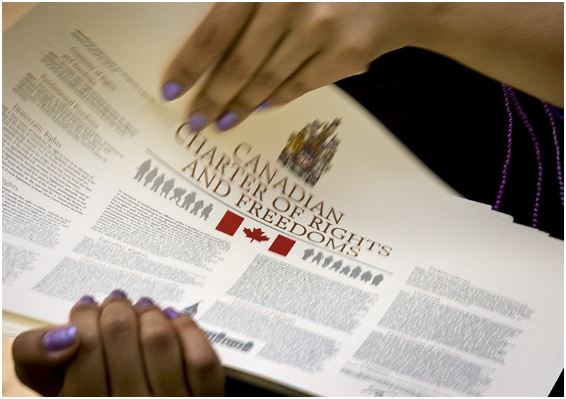In October, 2024 CCCC was granted intervenor status in a coalition to address whether religious groups have equal access to public spaces in Quebec.
Factual Context
The case arises in the context of a religious organization, HMI, that had leased a government-owned conference centre in Quebec City. It secured the facility in January 2023 for an event in June 2023. On June 1, the Minister of Tourism cancelled the contract because the event was “against the fundamental principles of Quebec.” What happened?
HMI’s leaders had made pro-life statements in the past. Even though the event had no programming related to abortion, the government nonetheless characterized the event as “anti-abortion.” Because pro-life views are at odds with the province’s “fundamental principles” and “resolutely pro-choice” position, the Minister cancelled the contract.
After unsuccessfully approaching dozens of other venues, HMI was forced to cancel its event.

The Claim
HMI claims financial damages and that the Minister violated its Canadian Charter and Quebec Charter rights and freedoms, specifically freedom of religion, freedom of expression and opinion, freedom of assembly, and the right to equality on the grounds of religion or political convictions.
CCCC Intervention – Collective Religious Freedom and Religious Expression
Together with the Evangelical Fellowship of Canada and Réseau Évangélique du Québec, CCCC is intervening to defend:
- Collective religious freedom, and
- Freedom of expression
Our coalition argues that public spaces must remain open to all voices—including religious ones—without political censorship.

Collective Religious Freedom
CCCC will ask the court to confirm that religious freedom applies not just to individuals, but also to organizations. The Quebec government argues that HMI doesn’t have this right because it is not a person.
But the Supreme Court of Canada has said that religious freedom isn’t just personal—it’s also about communities. It protects both individual beliefs and the shared practices and traditions of faith groups.
The wording of both the Canadian and Quebec Charters, the purpose of religious freedom, its history, and international law all support the idea that it includes group or collective rights.
When a religious group is denied access to public spaces because of what they believe—or are thought to believe—that is a serious and unjustified violation of their religious freedom.
Religious Expression
Freedom of expression is vital—it’s the foundation for nearly every other freedom we enjoy. It gives people the right to share their thoughts, opinions, and beliefs, even if those views are unpopular or go against what most people think.
This freedom supports important values like the search for truth, active participation in society, and personal growth. For people of faith, it often overlaps with freedom of religion, as both involve speaking and living out deeply held beliefs.
When government actions limit speech so much that certain viewpoints are silenced, it causes real harm. Instead of promoting openness and inclusion—as the Charter intends—such limits create the opposite: a less tolerant environment for both speakers and listeners.
Next Steps
Our written arguments have been filed and the case is scheduled to be heard in November 2025.
Want to Know More About CCCC Interventions?
We’ve written a four-part series in our CCCC Bulletins – see our March, April, May and June 2025 editions. You can also check our Legal Cases page.


